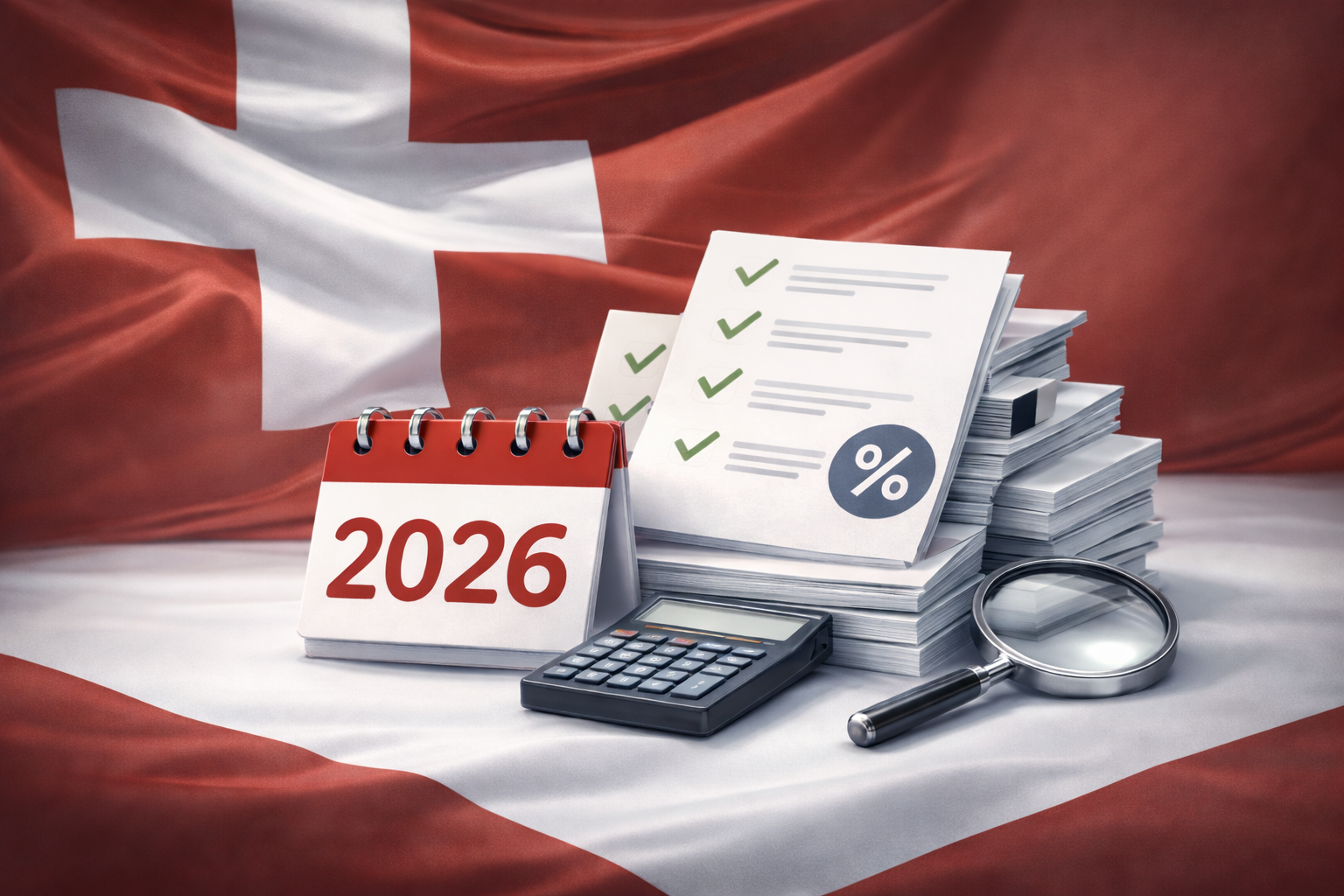Opportunities and tips for online retailers
Selling online from the UK to Germany—what British retailers should consider
How do British online retailers tap into the German e-commerce market and what do they need to consider?

This allows British online retailers to tap into the German e-commerce market without any additional effort.
In this blog article, we take a look at the current regulations regarding the trade of goods between the UK and Germany and show how the customer experience should ideally look like for German e-commerce customers.
Why is cross-border e-commerce from the UK to Germany worth it?
Despite Brexit, business relations between the United Kingdom and the European Union are still intact. The British remain a member of the EU single market and the European customs union. However, different trading conditions apply. While European countries enjoy duty-free access to one another, the export of goods from the UK to Germany is subject to customs regulations. This and many other changes make exports abroad more difficult.
However, the challenges associated with leaving the EU are no reason to stop cross-border e-commerce to Germany. Even three years after the transition phase from a European member state to a third country, Germans are still keen to buy from the UK: in Q3 2023, Germany was the UK 's second-largest trading partner with a trading share of 8.3 % . Up to this point, total exports to Germany over the last four quarters amounted to 60.4 billion Pounds.
In general, the e-commerce market in Germany is currently on a growth path. According to Statista forecasts, Germany is even set to overtake the UK in terms of e-commerce sales by 2025, making it the leader within the EU. Among other factors, this is a result of Germans' changing purchasing behavior—and e-commerce retailers from the UK can benefit from this, according to the latest research from Bitkom:
- One third of Germans shop online at least once a week.
- 44 percent of Germans prefer online shopping over local shopping.
- German e-commerce customers prefer to shop on international marketplaces.
What do German e-commerce customers value?
The fact that German e-commerce customers prefer international marketplaces when shopping online is primarily due to one thing: they shop with security in mind. E-commerce stores such as Amazon, Zalando or ebay enjoy a high level of trust and are reliable. They also meet the criteria that German e-commerce shoppers expect from e-commerce shops:
- Affordable prices
- Free shipping for deliveries
- Free returns
- A large selection of products
- Good personal experiences
Clothing, shoes, accessories, but also electronic devices, books and audiobooks are the most popular goods. There are also market opportunities to be tapped in the sustainable product segment. As a sustainable online store , you can position yourself successfully on the German market and fulfill the wishes of consumers there.
What needs to be considered for cross-border e-commerce from the UK to Germany?
With the decision on Brexit, the UK has lost its status as an EU member state and therefore also the benefits of intra-Community trade between EU countries. This has an impact on cross-border business processes in particular. As an online retailer based in the UK, the following rules and aspects must currently be observed when selling to Germany.
Special conditions when exporting from the UK to Germany: customs regulations
In order for German customers to make cross-border purchases, the customer experience of retailers must not differ from that of national providers. Order barriers arise in particular due to the Brexit-related changes to customs regulations. In case of doubt, these could mean that the ordered goods do not even reach the end customer, but instead get stuck in customs.
In general, standardized customs regulations apply to imports and exports between the United Kingdom and Germany. It is necessary to register with the customs authorities and apply for an EORI number for electronic exchange.
Customs duties apply to all exported goods from the UK with a value above the 150 Euro mark. Exceptions apply to goods that are classified as originating in the EU. This means that at least part of the production must take place within the borders of the European Union. Any customs duties and tariffs on exports are then waived.
Import sales tax harms the customer experience
The payment regulations for goods traffic are also affected by Brexit. As the UK has been considered a third country territory of Germany since 01.01.2021, it is not part of the Community territory for VAT purposes. This is stated in Section 1 (2a) UStG (Value Added Tax Act). Northern Ireland is excluded from this regulation. The state remains a member of the Community territory and continues to benefit from the VAT standardization within the EU member states.
Normally, customers take little interest in VAT. This changes when they only find out at the front door how much their ordered goods actually cost and have to pay the supplier. The reason for this is the import sales tax that is charged on exports. It is always payable if the value of the goods ordered, including shipping costs, exceeds 150 Euros.
Information on the VAT rates in Germany:
- Standard sales tax: 19 percent
- Reduced sales tax: 7 percent
- Zero rate: 0 percent
For cross-border sales, e-commerce companies from the UK must therefore adapt their processes in such a way that German customers do not suffer any disadvantages from placing an order. The customer experience should therefore be so sophisticated that customers get the feeling that they ordered from a German provider.
Selling easily from the UK to Germany despite Brexit with exporto
With German customers, e-commerce retailers from the UK are expanding their target group by several million potential buyers. Although new rules and requirements dominate the trading conditions, the customer experience does not have to suffer as a result—and neither do the internal processes of your e-commerce store. With exporto as a strong partner, you unlock the German market and process retail transactions quickly and easily—from ordering to returns. You simply sell your goods directly from your warehouse in the United Kingdom, saving you the costs of additional storage space and stock within the EU.
All you need is an interface to your e-commerce store. The rest is automated. exporto takes over the processing of your German orders, including shipping. In doing so, exporto relies on a full-service model with a consistent process:
- Parcels for German customers arrive at the exporto warehouse in the UK and are processed there.
- exporto physically transports the deliveries across the border to Germany on the same day.
- Once there, exporto supplies them to the German delivery network.
- Proven German shipping partners such as DHL deliver the parcels to the customer's doorstep.
- Returns are sent to the exporto warehouse in Germany and are centrally processed there.
- Resale is possible again within a week of arrival at our own warehouse in the UK.
In other words: exporto physically transports the parcels across the border for you, takes care of the necessary carrier license and deals with customs and VAT issues. Our experts are then your central point of contact for all logistics, customs and tax issues.

Domestic customer experience thanks to exporto
The processes with exporto are focused on a seamless and native end customer experience.
Familiar shopping experience
For cross-border business, you display your store in euros via a German domain . For your customers, this means that the checkout and the entire user interface do not differ from German websites. This increases usability and reduces questions and doubts before the first order is placed.
Short delivery times
Goods are imported from the UK on a daily basis. This means that, despite cross-border business, you keep the delivery times expected by customers between two and four working days from collection from your warehouse or receipt in our cross-dock. Neither you nor your customers have to worry about import sales tax. Delivery is similar to German e-commerce stores.
Uncomplicated returns
Well-known German delivery companies such as DHL are available to your customers for returns. Our experience shows that this is compliant with the service level agreements of common e-commerce platforms.
Returned goods are processed centrally via our own exporto returns center in Germany. You always keep track of the process: Every day you receive a statement from us and know which returns have been received.
For your customers, this ensures that they get their money back even faster. This relieves them immediately and provides a flawless customer experience.
Conclusion: Germany as a target market for UK e-commerce
The German e-commerce sector is booming. Brexit and the associated regulations and increased requirements for imports and exports are no obstacle to high-revenue cross-border business. With exporto you expand your potential customer segment by over 80 million people—without any major additional effort.
exporto focuses on efficient supply chains and takes care of customs and VAT issues for you. This works so effectively that your German customers won't even notice that they are ordering from a British e-commerce store. This is how native and smooth online shopping across national borders can work. See for yourself and get to know our solution for cross-border business.
FAQ: Cross-border e-commerce from UK to DE
Which items do German consumers buy online?
According to Bitkom research, German customers prefer to buy goods such as clothing, shoes and accessories, as well as electronic accessories, books and audiobooks online. The sale of sustainable products also reveals opportunities in the German B2C business.
Are there customs duties for imports from the UK?
Customs duties are payable in Germany for third countries such as the UK if the value of the individual parcel exceeds 150 Euros. The amount is calculated from the value of the goods and the amount of the shipping costs. In addition, existing regulations regarding customs documents and ownership of an EORI number must be complied with.
About the Author

Katharina Knoop
As Senior Marketing Manager for exporto GmbH, Katharina Knoop is coordinating the planning, production and publication of content relating to all aspects of cross-border e-commerce for over 4 years.
Subscribe to our newsletter
Get the latest posts and updates straight to your inbox.
Related Posts
Market information and tips on taxes, payments and returns management for shippi...
9 minute read
Opportunities and strategies for German online retailers
3 minute read
What requirements do German online retailers currently have to comply with when ...




Comments